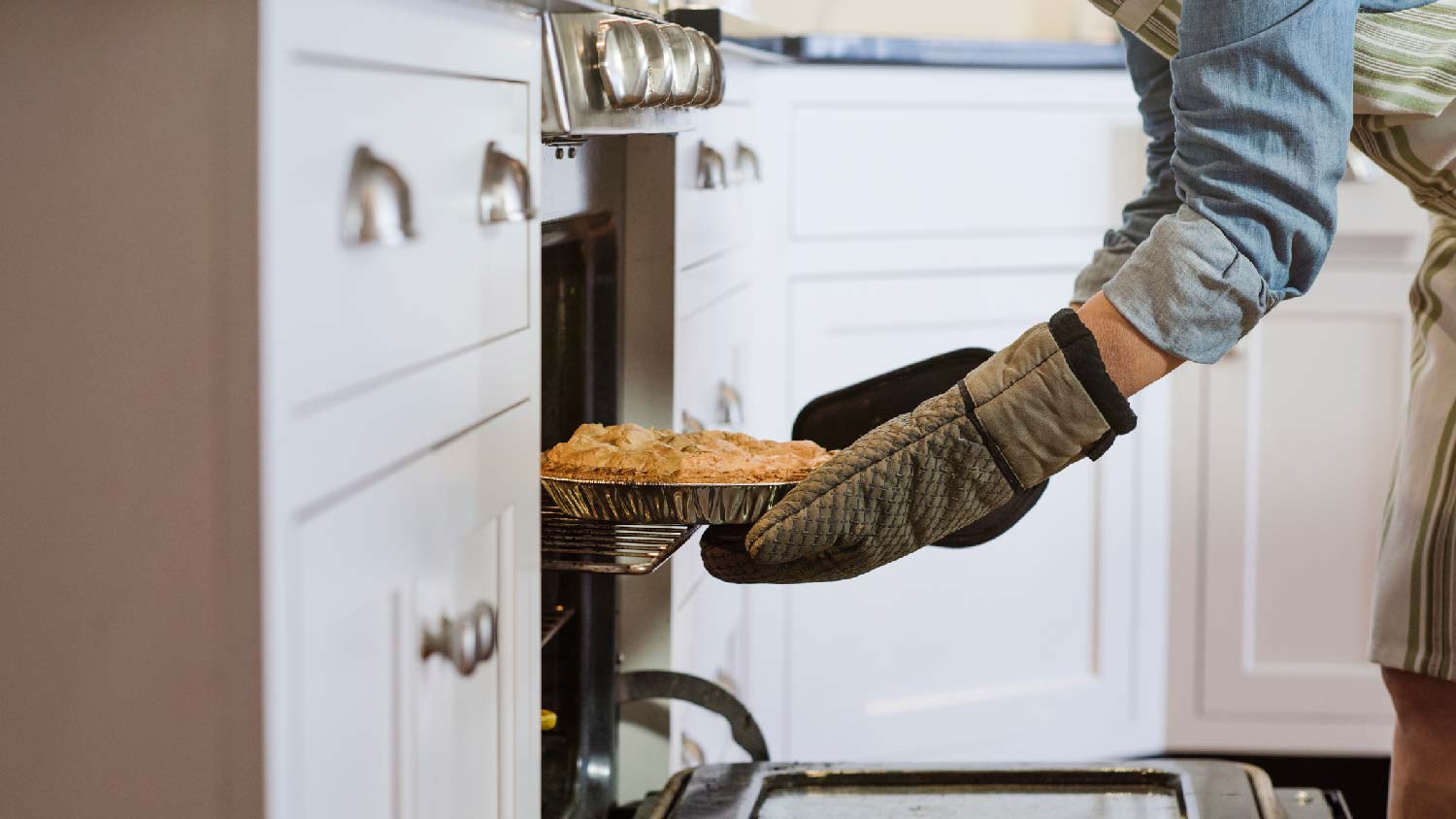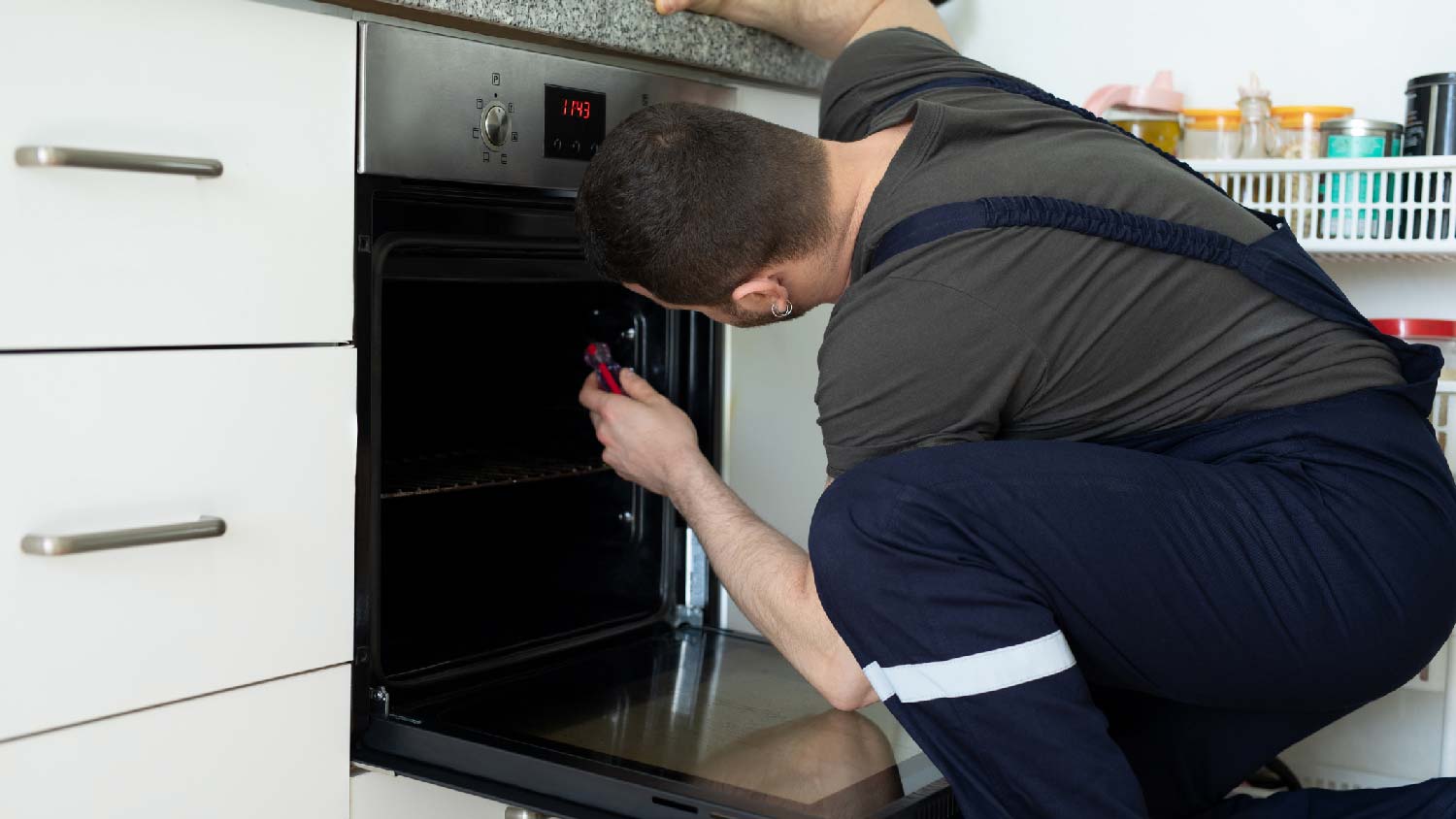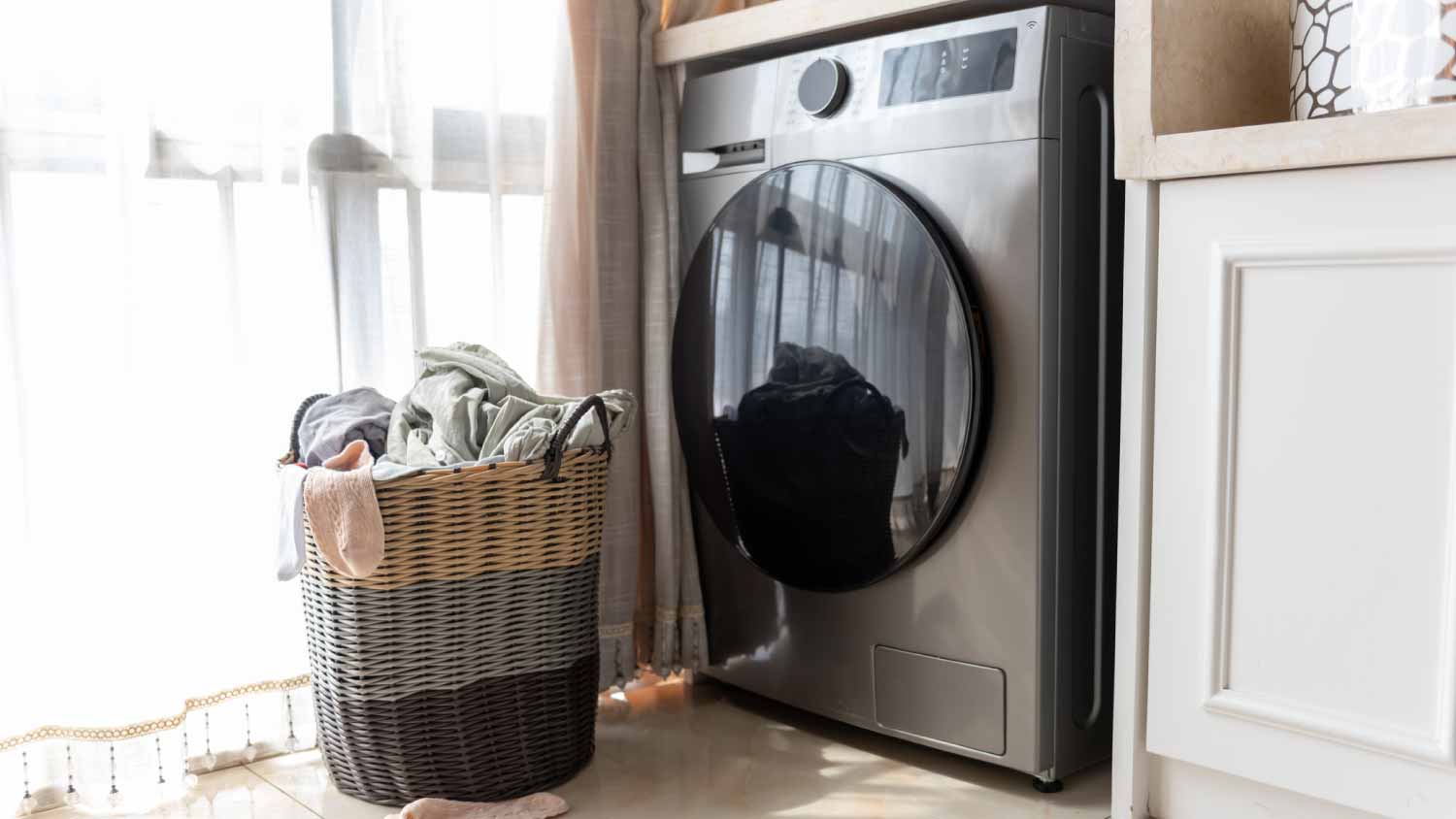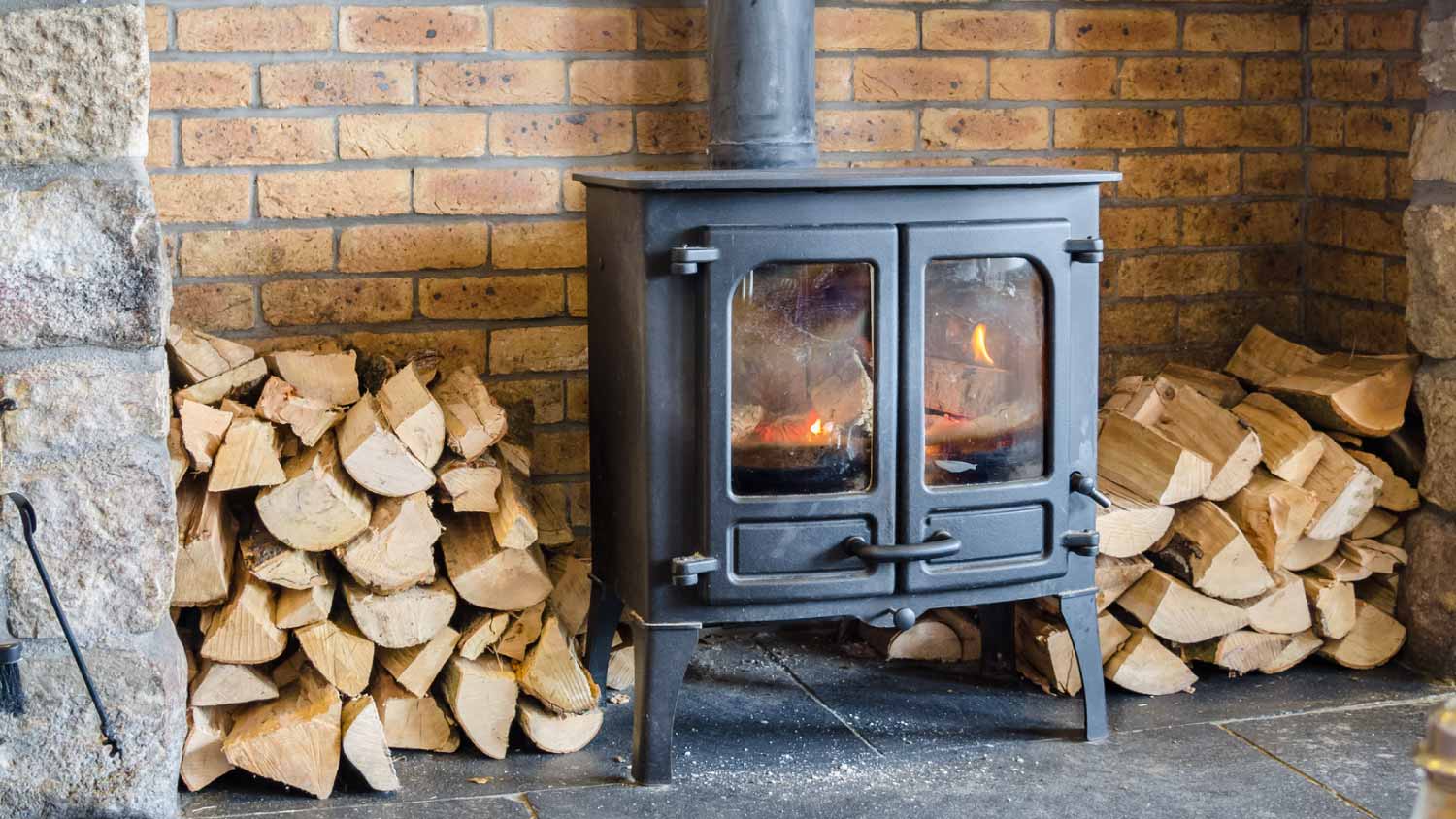Why Is My Oven Clicking? 3 Reasons Why
A few clicks can mean all is well with your oven


Many modern ovens make a clicking sound during normal operation.
Sometimes, an oven that clicks may need a new heating element.
Call a repair pro to properly diagnose the problem.
What goes click in the night? It may be your oven. The answer to "why is my oven clicking" is often not something to be worried about. Here's why your oven is so noisy, and what you may need to do about it.
1. Oven Is Heating or Cooling
Many modern ovens make a clicking sound when they are heating up and when they are cooling down after use. Some will also go “click, click, click” as they shift through cycles. For example, the oven will "click" as the upper heating element switches on and the lower heating element switches off. These are all normal sounds and a good sign that your oven is working.
The Solution
No need to take action if your oven is clicking as part of its normal use. Typically, newer ovens are more likely to make noise compared to older models.
2. Ignition

Got a gas oven? While older models feature a pilot light that never goes out, newer ones use electric ignition, which lights the pilot when you turn the oven on.
As you switch on a newer gas oven, it's common to hear a “click click click” sound, followed by a "whoosh" sound as the pilot takes flame.
However, if the oven keeps clicking and you never hear that whoosh, that could be a sign of a problem. That's particularly true if the gas oven is not heating and the oven smells like gas.
The Solution
If your gas oven is clicking and clicking and the flame isn't igniting, it's time to call in a gas oven repair professional near you to inspect it and diagnose the problem. The oven repair pro can fix the ignition so that the flame catches or recommend another course of action, perhaps even oven replacement, depending on the extent of the problem.
3. Heating Element Is Wearing Out
While clicking sounds can signal normal oven function, if those sounds suddenly become louder than before, that can be a sign that the heating elements are on their last legs. As they age, the heating elements need to work harder to keep the oven at the right temperature, which can mean they become louder.
Other common signs of an aging heating element include visible damage, such as cracks and blisters, no orange color when the oven is on, and an increase in your electric bills.
The Solution
If the heating element is on its last legs, it's time to decide whether you should repair or replace your oven. Replacing just the heating elements may be more cost-effective, but if there are other problems with the appliance, getting a new one may help you save money in the long run.
An oven repair pro can help you weigh the pros and cons of each option.
Signs That Clicking Is a Concern
Since clicking is usually a good sign, it's important to know when it's actually signaling a problem with your oven. Signs that you should be concerned by the clicks include:
Smelling gas when you try to turn the oven on.
Food comes out undercooked or unevenly cooked.
The oven doesn't get hot or doesn't get hot enough.
When to Call a Pro

If you suspect that the clicking is due to a problem with the oven's electric ignition or with the heating element, it's time to call in a pro. You want someone to properly diagnose the problem and recommend how to proceed. While you could try to replace the heating elements or ignition yourself, doing so takes some know-how and is not the safest option.
Frequently Asked Questions
Since clicks are a normal part of a modern oven's functioning, you don't want to prevent them. However, if you think the oven is clicking because of a problem, then your best option is to hire an oven repair professional to inspect it and let you know how to proceed.
It's possible that your oven's gas ignitor will wear out before the rest of the appliance. An ignitor may last about eight years before it needs replacing. In some cases, cleaning the ignitor to remove any built-up food and debris may help to prolong its life. Replacing the ignitor in a gas oven costs an average of $200.



.jpg?impolicy=leadImage)

- Appliance Repair Companies
- Washing Machine Repair
- Dryer Repair
- Refrigerator Repair
- Dishwasher Repair
- Oven Repair
- Wood & Pellet Stove Repair
- Freezer Repair Services
- Wood Stove Services
- Gas Stove Repair
- Emergency Appliance Repair Companies
- Ice Maker Repair
- Gas Appliance Repair
- GE Appliance Repair
- GE Refrigerator Repair
- GE Dryer Repair
- GE Dishwasher Repair
- GE Washing Machine Repair
- Samsung Appliance Repair
- Samsung Refrigerator Repair
- Samsung Dryer Repair
- Samsung Washer Repair
- Samsung Dishwasher Repair
- Samsung Oven Repair
- Whirlpool Repair
- Whirlpool Refrigerator Repair
- Whirlpool Washer Repair
- Whirlpool Dryer Repair
- Whirlpool Oven Repair
- Maytag Appliance Repair
- Maytag Refrigerator Repair
- Maytag Washer Repair
- Maytag Dryer Repair
- Maytag Dishwasher Repair
- Kitchenaid Appliance Repair
- Kitchenaid Oven Repair
- Kitchenaid Refrigerator Repair
- Kenmore Appliance Repair
- Kenmore Dishwasher Repair
- Kenmore Washer Repair
- Kenmore Dryer Repair
- LG Refrigerator Repair
- Bosch Appliance Repair
- Kenmore Refrigerator Repair
- LG Appliance Repair Services
- GE Microwave Repair
- Electrolux Appliance Repair
- Electrolux Washer Repair
- Kitchenaid Dishwasher Repair Services
- Wood Stove Inspection
- Dishwasher Installation
- Trash Compactor Repair










